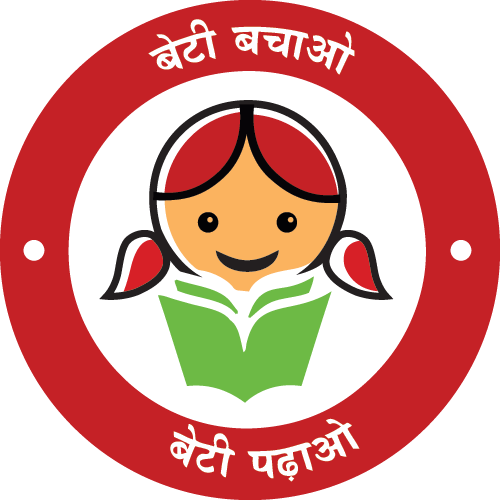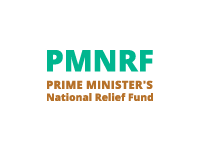Dr. Charu WaliKhanna, Member, NCW was Chief Guest at Seminar on Protection of Women
Dr. Charu WaliKhanna, Member, NCW was Chief Guest at seminar on Protection of Women from Sexual Harassment at Workplace on 12.06.2012. The programme was organised by Defence Research & Development Organisation (DRDO), Delhi. The DRDO works under Department of Defence Research and Development of Ministry of Defence, dedicatedly working towards enhancing self-reliance in Defence Systems and undertakes design & development leading to production of world class weapon systems and equipment in accordance with the expressed needs and the qualitative requirements laid down by the three services.
DRDO has a large number of women scientists who work in various areas of military technology which include aeronautics, armaments, combat vehicles, electronics, instrumentation engineering systems, missiles, materials, naval systems, advanced computing, simulation and life sciences. Hence the need for the Seminar.
Welcome speech was given by Dr. Mrs. Amita Gupta, Scientist and Chairperson, Women Cell at Solid State Physics Laboratory. She said that the seminar has been organized to create awareness among men and women from DRDO and sister laboratories of the problem of sexual harassment at workplace and the need to address the issue.
Dr. Charu WaliKhanna, Member, NCW said that India primarily has a male-dominated Indian society, where women often face discrimination. Daily in newspapers and television, we read stories of sexual harassment against women who are considered as soft targets. They often have to face sexual innuendo, unwelcome passes and lewd remarks and jokes. She informed the participants that presently there is no national legislation to deal with sexual harassment. but the Commission has played a lead role in drafting the law and the Bill “ Protection of Women from Sexual harassment at the Workplace” is soon to be passed. However, in the landmark case of Vishakha vs State of Rajasthan, 1997, the Supreme Court held sexual harassment as an act that violates the fundamental right and the right to equality of women and defined it in a broader ambit. The Supreme Court laid down a set of norms and guidelines that are to be observed at all work places. It has to be treated as law declared by the Supreme Court (under Article 141 of the Constitution of India) to be enforced until an apt legislation against sexual harassment is passed by the Indian parliament. Dr Charu WaliKhanna expanded on the definition and said Sexual harassment includes direct or indirect unwelcome behavior or activities, physical contact, demand or request for sexual favors, sexual advances or any verbal or non-verbal behavior of sexual nature.
She interacted with the audience and it emerged that whether scientist or ordinary worker, the conditions for working women are no different, with majority of them facing sexual harassment at some point or the other. She stressed that every organisation should have the ICC in place which works as a forum for redressal of grievances.
Dr. A.K. Singh, Director, Directorate of Human Resources Development, addressing the participants spoke on how Sexual Harassment negatively impacted the workplace. He said there is an urgent need to reduce it by empowerment of women because if women are empowered they will know their rights and be in better position to exercise them. He stressed on the need to stand by and support victims of sexual harassment and said that each and every person in the organisation has a role in prevention of Sexual Harassment at workplace.
Dr. R. Murlidharan, Scientist and Director, Solid State Physics Library, Govt. Of India, Ministry of Defence ( R & D Organisation), addressing the participants said that the subject assumes importance in view of the different cultures prevailing in the country and stressed on the need for both MEN and WOMEN to know what is appropriate behaviousr at the workplace. at nhome and.
Women voiced their problems and from the discussion it emerged that there is need to make children at the education level at a young age aware of their rights and responsibilities and continue professional journey and thereby to Nation Development.
The programme ended with vote of thanks.




















